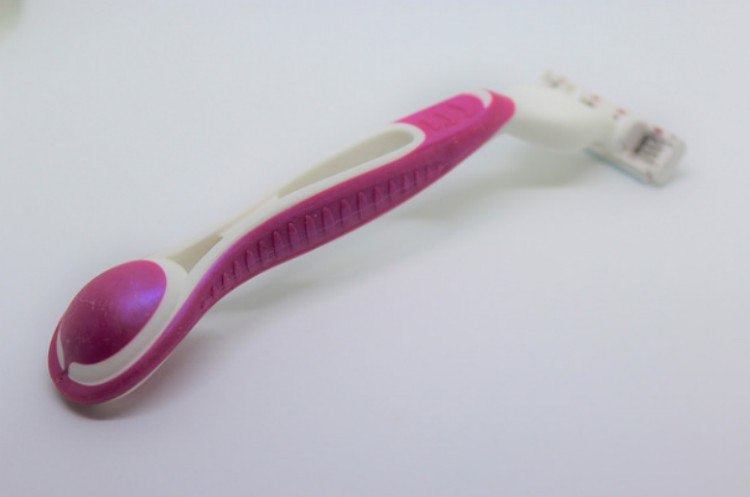Menopause: it’s fair to say that most women aren’t exactly jazzed about the idea of entering this tough phase in life. And while the prospect of not suffering through that dreaded “monthly visitor” is the light at the end of tunnel for most, we’re sad to report that things tend to get worse before they get better!
Now, if you are a younger reader, then you may feel that this topic is an issue you won’t be encountering for decades, but as it turns out, some women experience the symptoms of perimenopause (a phase that can last 1-10 years before the official start of menopause), as early as 30!
With that being said, if you are noticing any of these 9 symptoms, it may be time for you to have a discussion with your doctor.
1-Irregular Periods

Unfortunately, many women’s menstrual cycles begin to go haywire around the time of perimenopause and menopause. This can mean having multiple periods per month with very heavy flows; simply put, cycles can end up being just plain unpredictable!
2-Facial Hair

While plenty of gals deal with facial hair well before this time, higher DHT (dihydrotestosterone) levels during menopause have been shown to contribute to the sprouting of countless unwanted ‘staches and beards.
3-Mood Swings
When it comes to menopause, there is nothing more frequently discussed than the topic of mood swings. Similar to puberty, it’s a time when the body is undergoing drastic hormonal changes, which definitely messes with emotions. If you find yourself breaking down, flipping the bird to a pushy motorist, or frequently losing patience with your spouse, you may be suffering from this symptom.
4-Sleeplessness and Fatigue
Because experiencing hot flashes and night sweats are common complaints, some experts have noted that menopausal women rarely get as much sleep as they need. While there is a variety of over-the-counter medications to treat these specific symptoms, some doctors turn to HRT (Hormone Replacement Therapy) to help their patients get the rest they need.
Continue to the Next Page …








No comments yet
Leave a Reply
Your email address will not be published. Required fields are marked *